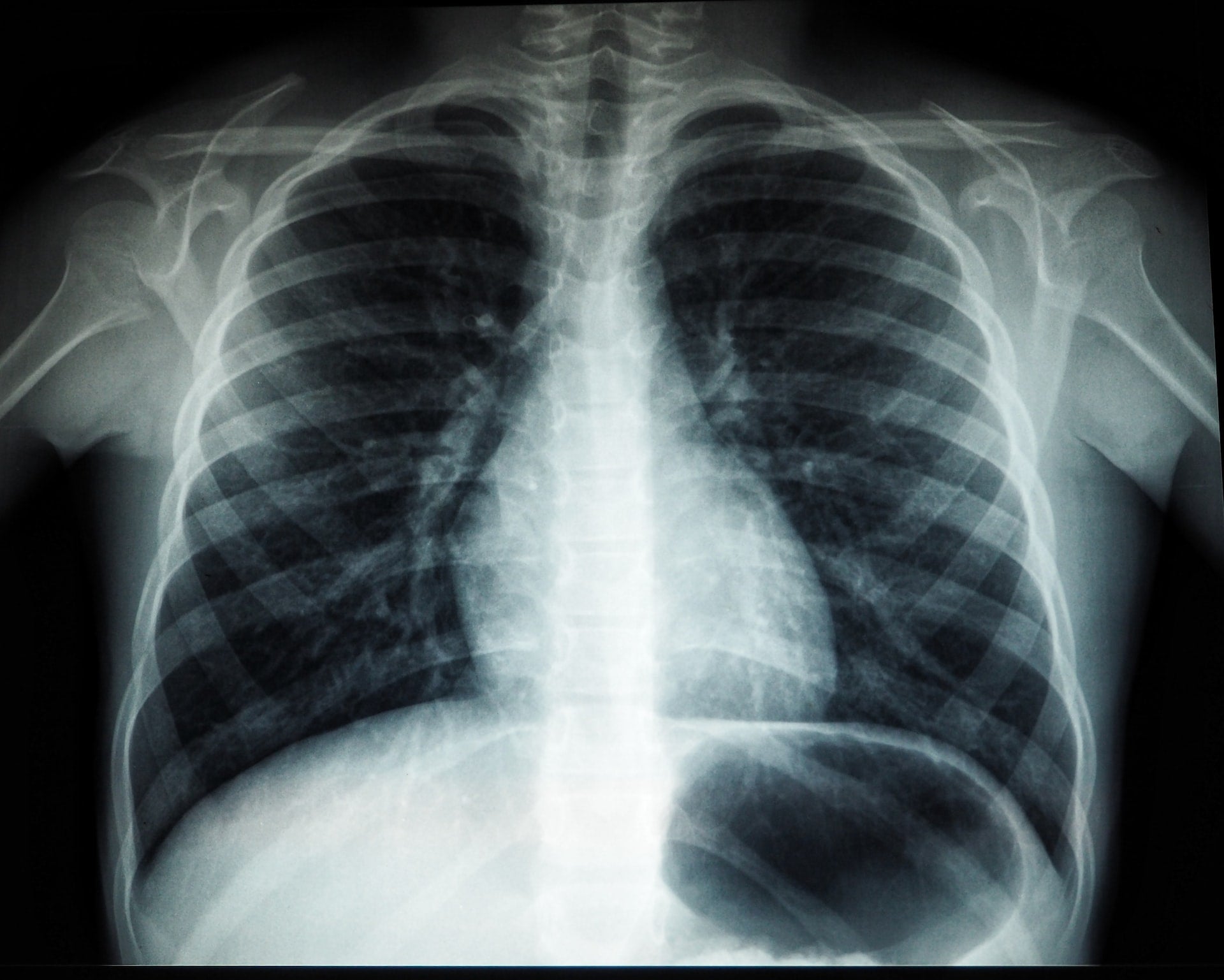Obstructive sleep apnea is well-known for causing temporary breathing restrictions that lead to sleep disruptions. Left untreated, this condition has been found to increase the risk for a variety of serious health conditions, such as heart disease, high blood pressure, type 2 diabetes, and even depression.
While these should provide ample motivation on their own for individuals to seek treatment for obstructive sleep apnea, researchers have uncovered yet another potential negative side effect of this condition. As it turns out, untreated sleep apnea could also negatively impact your bones and teeth. Here’s what you should know.
Uncovering a Link Between Sleep Apnea and Bone Density

The research on obstructive sleep apnea’s potential effects on bone mineral density were led by the University of Buffalo, in an effort to see whether sleep apnea could potentially increase the risk of osteoporosis. When an individual has low bone mineral density, their bones become weaker and at greater risk of fracturing. Low bone mineral density can also negatively affect dental health, loosening teeth.
As part of the study, specialty X-rays were used to compare bone density between individuals with obstructive sleep apnea and those who did not suffer from the sleep disorder.
As the report from the University of Buffalo explains, “When controlling for age, sex and weight, the participants with obstructive sleep apnea had significantly lower bone-mineral density than the participants without the condition. Obstructive sleep apnea, which is characterized by difficulty breathing while asleep, can cause hypoxia (low levels of oxygen in the body), inflammation, oxidative stress and shortened breathing patterns. Each of these symptoms may have a chronic negative effect on bone metabolism and, ultimately, bone density.”
In short, the sleep interruptions associated with obstructive sleep apnea are believed to trigger a variety of issues that harm bone metabolism — which in the long term, will result in reduced bone density. While additional research with larger sample sizes still needs to be done to better understand the link between sleep apnea and bone density, this study serves as yet another indicator of just how big of an impact sleep can have on overall health.
How Sleep Improves Health
Getting quality sleep has long been associated with improving overall well-being. Getting sufficient rest can protect the body’s immune system, insulin management, blood pressure, cognitive performance, and more. During sleep, the body takes care of vital tasks like muscle growth and tissue repair.
Because of this, using a CPAP machine is crucial for protecting the health of your bones and the rest of your body. By providing a steady flow of pressurized air, your CPAP machine can help prevent harmful sleep interruptions. Air pressure settings are determined by a sleep specialist to achieve the right balance of comfort and sleep apnea mitigation.
Additional sleep hygiene practices, such as creating a relaxing bedroom environment free of excess light and noise, establishing a consistent sleep schedule, and avoiding alcohol or caffeine before bedtime can also improve sleep quality.
Additional Tips For Strengthening Your Bones

Osteoporosis is not fully reversible. However, even if you have been diagnosed with obstructive sleep apnea, there are still additional things you can do to rebuild your bones and minimize future bone mineral density loss.
Regardless of your sleep quality, there are several lifestyle changes that can make a significant difference for bone and tooth health. Diet is a major influence. Foods with high amounts of Vitamin D and calcium (particularly dairy products) can be especially helpful for strengthening your bones. Eating fruits and vegetables also provides a wide range of vitamins that can improve bone health. Omega-3 fatty acids have also been found to help prevent bone mineral loss. Some individuals may also benefit from dietary supplements or medications, though this should be done under the supervision of your physician.
Exercising regularly can strengthen your bones and help you sleep better. Exercises such as walking, weight lifting, and climbing stairs put added stress on the body, which actually causes it to build additional bone tissue. Exercising in the early afternoon can also help ensure that you are able to fall asleep faster and get enough deep sleep so that you feel well-rested in the morning.
Interestingly, smoking and alcohol consumption have been linked to an increased risk for osteoporosis. For individuals with obstructive sleep apnea, these substances can also worsen symptoms by causing irritation and inflammation, or by causing the muscles in the throat to become overly relaxed and more likely to collapse during sleep. Quitting smoking and alcohol consumption can improve both sleep quality and bone health.
Use a CPAP Machine to Sleep Better
While there are many factors that can affect your bone density, it is clear that individuals who experience obstructive sleep apnea may be at additional risk of low bone mineral density. Mitigating the effects of sleep apnea with the help of a CPAP machine can go a long way in improving sleep quality and preventing negative side effects.
At Help Medical Supplies, you can find high-quality CPAP machines and other supplies, such as masks, replacement filters and tubing, and more. Many of these products are available at significant discounts off of MSRP, allowing you to potentially save hundreds of dollars on your purchase. In addition, you can enjoy free shipping on all purchases of $99 or more.
With affordable CPAP equipment to keep your sleep apnea in check, you’ll be able to protect your bones and the rest of your body as you enjoy better sleep.

